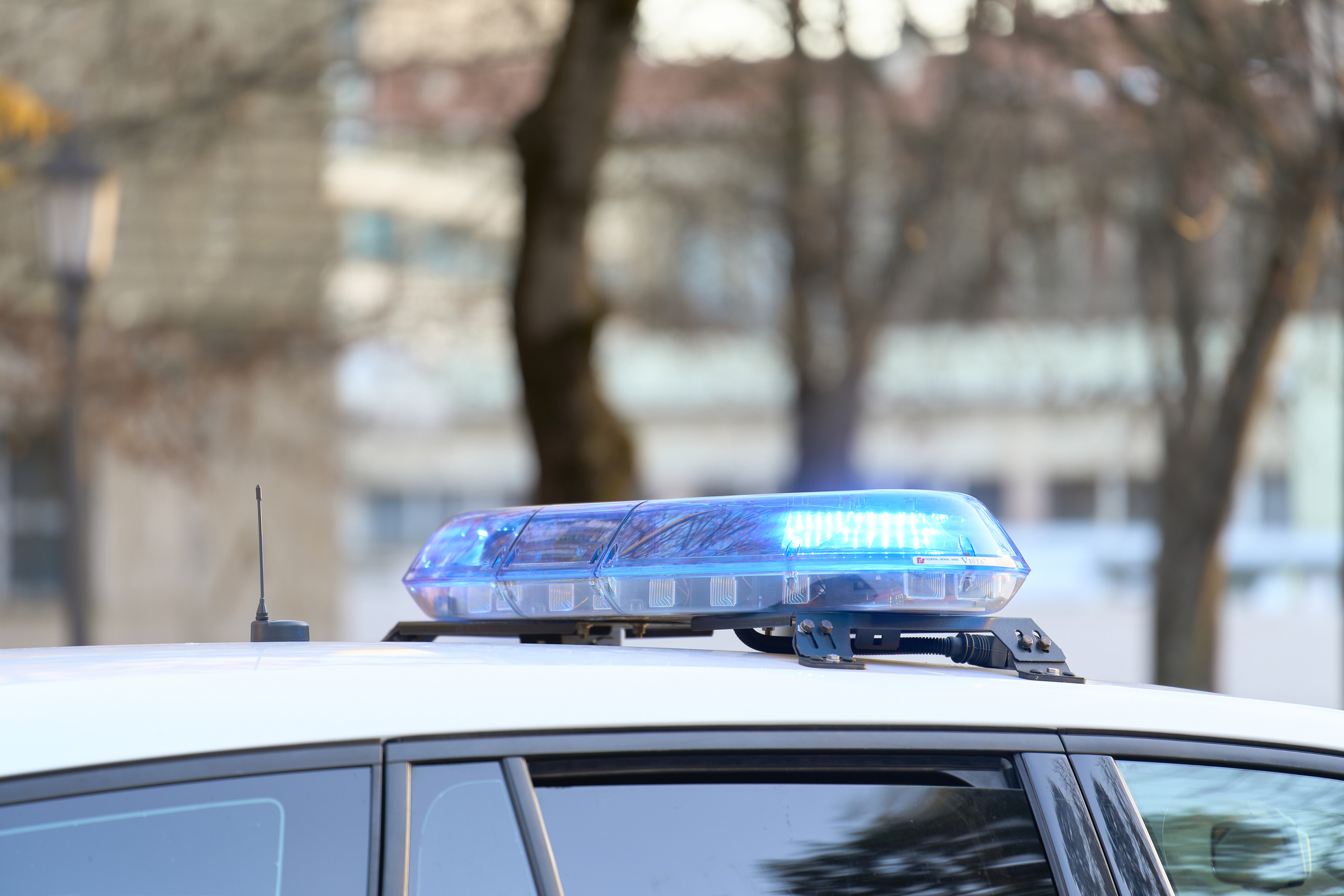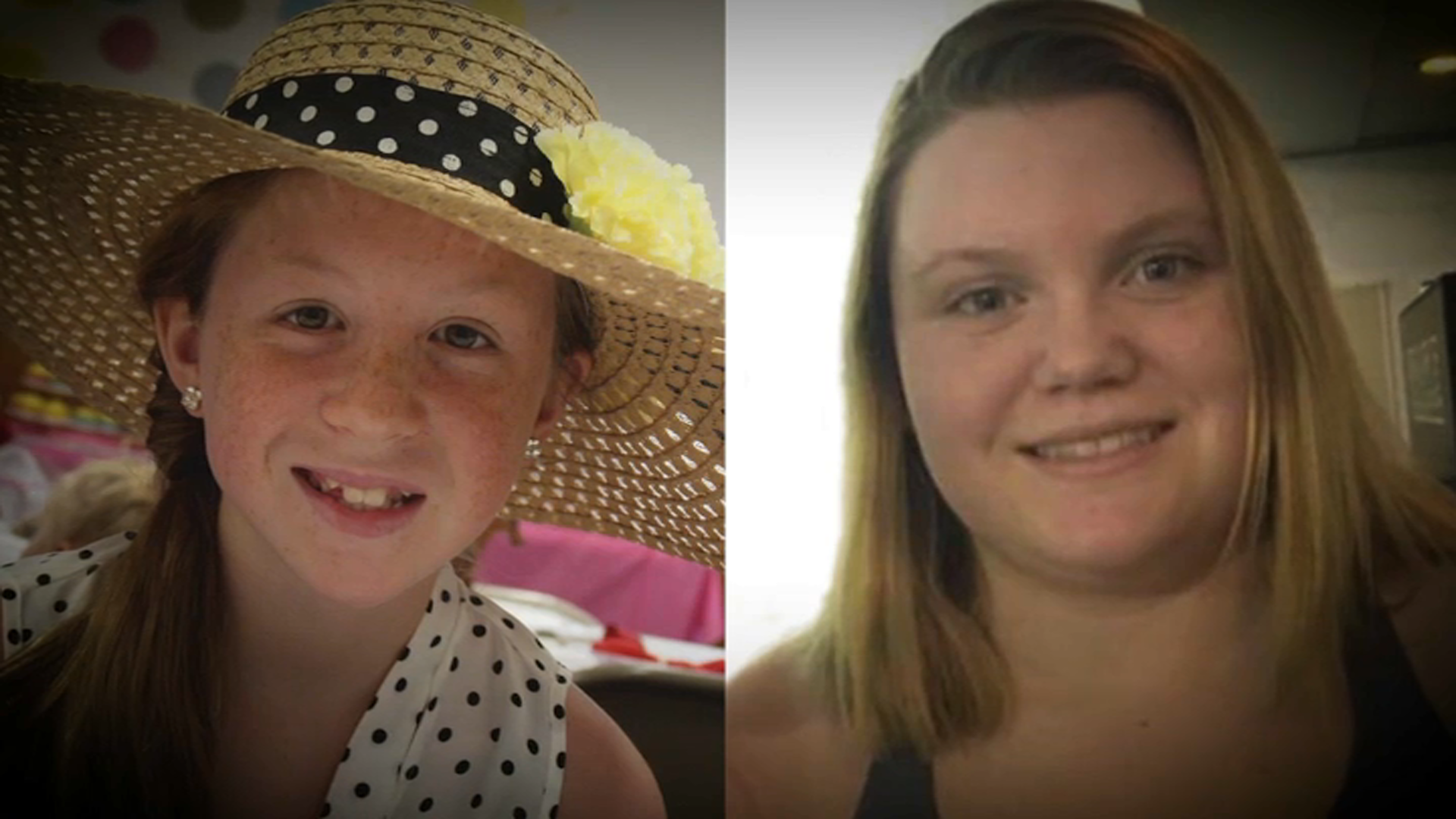The Better Business Bureau warned consumers of scams around the COVID-19 vaccine on Wednesday as the rollout ramps up nationwide.
According to the BBB, consumers are receiving calls asking for personal information or requesting money in order to receive the coronavirus vaccine.
“Scammers follow the latest news and always look for opportunity, and the high emotions of fear and hope make COVID vaccines a perfect target fraud," Steve Bernas, president and CEO of BBB of Chicago, said.
The BBB added that there have been reports of con-artists attempting to impersonate the Centers for Disease Control and Prevention, the World Health Organization and other government officials to retrieve information and money. The BBB has also received reports of people marketing fake vaccines.
Here's how the scam would likely work, according to the BBB:
- You receive a phone call, social media message or email saying you are eligible for a COVID-19 vaccination. The message likely appears to have come from a friend, public health official or hospital worker.
- After accepting, the message will likely require you to provide personal information or pay upfront. The BBB advises to do neither.
- To avoid the scam, the BBB said to check the source against local government officials and news sources.
The BBB reminded that even without making a payment, sharing personal information can put an individual at the risk of identity theft.
Local
In December, the BBB warned of reports of scam calls offering people a chance to avoid long lines and receive an early dose of the Pfizer vaccine for $79.99.
“This is my 33rd year at the BBB, and it’s probably the worst types of scams I’ve seen. These scammers are heartless and relentless,” Bernas said.
To avoid the COVID-19 scams, the BBB recommended that consumers familiarize themselves with the vaccine rollout plan in their respective areas.
Here's where to get a coronavirus vaccine near you.
The BBB also asked that people check with their doctor before receiving the vaccine, guard their government-issued numbers and check that the link is reliable, ending in ".gov."
Government officials are cracking down on fraudulent products. The U.S. Food and Drug Administration (FDA) is sending warning letters to firms and websites selling products with claims to prevent, treat or cure the coronavirus that have not received federal authorization. The FDA recommends consumers do not purchase from the websites listed here.



